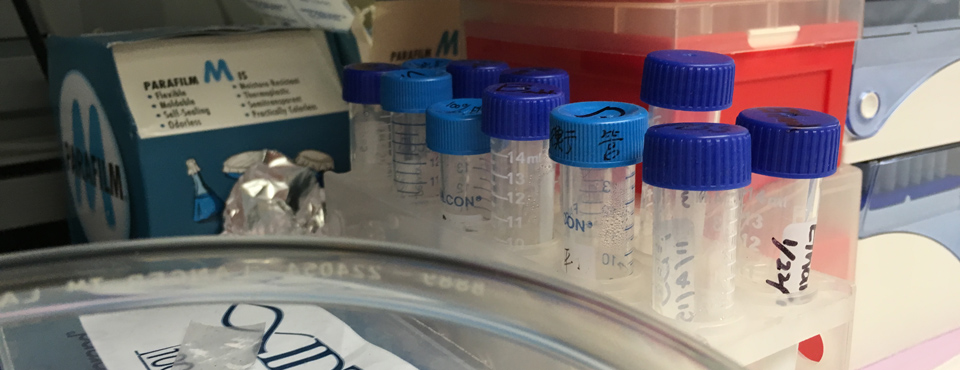The Key Role of Veterinary Labs in Pet Health Management
The Key Role of Veterinary Labs in Pet Health Management
Blog Article
Pets are family, and caring for their needs is a responsibility. Veterinary diagnostic services are essential tools in identifying health issues for household animals.
Here, we’ll cover why pet diagnostics are vital and explain the testing process.
What Are Veterinary Labs?
Advanced veterinary diagnostics offer diagnostic solutions for examining samples. Veterinary professionals use these labs to monitor ongoing conditions.

Typical procedures usually includes:
- Sample collection: Tissue or fluid samples are prepared for analysis.
- Advanced diagnostics: State-of-the-art processes conduct the tests.
- Diagnostic reports: Data supports treatments for proactive solutions.
Key Diagnostics for Pet Health
A variety of tests are available for pets to address medical issues. Key lab services include:
- Blood analysis: Provide an overall health picture.
- Urinary health exams: Identify dehydration.
- Stool testing: Monitor intestinal health.
- Dermatological diagnostics: Address skin issues.
- Radiographic evaluations: Examine internal structures.
Why Diagnostic Exams Are Essential
Consistent lab work improves pet care. By addressing concerns promptly, vets can provide better care.

Additional benefits include:
- Proactive care: Health problems are minimized.
- Avoiding costly emergencies: Small problems are treated before they escalate.
- Trust in their well-being: Feel secure about their health.
clinica veterinaria laboratorio
laboratorio exames veterinarioslaboratório para exames em animais
Why Testing Matters for Dogs and Cats
Pet health labs ensure pets get the best care possible. Through proactive diagnostics, you ensure your pets are healthy.
Act now to safeguard your pet’s future and help them live their best lives!
Report this page